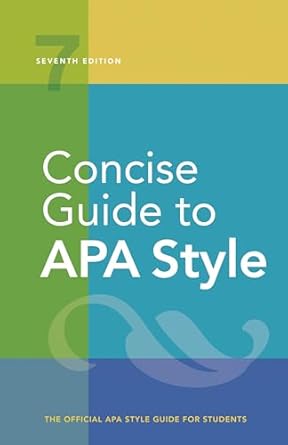[toc]
guided imagery relaxation in group therapy
Concise Guide to APA Style: 7th Edition (OFFICIAL)
Page 50 Review
DOCTYPE html>
Guided Imagery and Progressive Muscle Relaxation in Group Psychotherapy: A Review
This literature review delves into the application of guided imagery and progressive muscle relaxation within group psychotherapy.
These techniques aim to alleviate stress and promote relaxation, vital components of effective psychological treatment.
Introduction
“Thus, an important goal of psychological research is to evaluate techniques that promote stress reduction and relaxation.” Psychological well-being is often hindered by stress, making its management crucial for overall health.
“Guided imagery aids individuals in connecting their internal and external experiences, for example, to feel calmer externally because they practice internally imagining a calming experience.” This approach harnesses the power of the mind-body connection.
“Progressive muscle relaxation involves diaphragmatic breathing and the tensing and releasing of 16 major muscle groups; together these behaviors lead individuals to a more relaxed state (Jacobson, 1938; Trakhtenberg, 2008).” This technique offers a systematic way to release physical tension.
“Guided imagery and progressive muscle relaxation are both cognitive behavioral techniques (Yalom & Leszcz, 2005) in which individuals focus on the relationship among thoughts, emotions, and behaviors (White, 2000).” They address the interplay between our mental and physical states, leading to improved emotional regulation.
The Power of Group Psychotherapy
“Group psychotherapy effectively promotes positive treatment outcomes in patients in a cost-effective way.” It provides a supportive environment for individuals facing similar challenges.
“Its efficacy is in part attributable to variables unique to the group experience of therapy as compared with individual psychotherapy (Bottomley, 1996).” The dynamic interaction within a group setting can be transformative.
“That is, the group format helps participants better understand their common struggles; at the same time, interactions with group members provide social support and models of positive behavior (Yalom & Leszcz, 2005).” Shared experiences and mutual support contribute to healing and growth.
“Thus, it is useful to examine how stress reduction and relaxation can be enhanced in a group context.” Exploring the synergy between these techniques and group therapy holds significant potential.
Guided Imagery and Progressive Muscle Relaxation: A Closer Look
The following sections will explore these techniques individually and in combination, within the framework of group psychotherapy. “The purpose of this literature review is to examine the research base on guided imagery and progressive muscle relaxation in group psychotherapy contexts, including theoretical foundations and historical context.”
“Then I examine guided imagery and progressive muscle relaxation as used on their own as well as in combination as part of group psychotherapy (see Baider et al., 1994, for more).” This comprehensive approach will provide a thorough understanding of their applications.
Theoretical Foundations
Both guided imagery and progressive muscle relaxation are rooted in established psychological principles.
They draw on cognitive behavioral therapy (CBT) and the understanding of the mind-body connection.
Historical Context
Understanding the historical development of these techniques provides valuable insight into their evolution and refinement over time.
Further research into Jacobson’s pioneering work in progressive muscle relaxation would be beneficial.
Applications in Group Psychotherapy
This section will delve into specific examples of how guided imagery and progressive muscle relaxation are used within group therapy settings.
Examining case studies and research findings will offer practical insights.
Conclusion
Guided imagery and progressive muscle relaxation hold significant promise for enhancing the effectiveness of group psychotherapy.
Further research is needed to explore their full potential and refine their application in diverse populations.
Buy full ebook for only $18: https://www.lulu.com/shop/american-psychological-association/concise-guide-to-apa-style-7th-edition-official/ebook/product-rmzpq54.html?page=1&pageSize=4
Guided Imagery Relaxation In Group Therapy
Read more: Intriguing Excerpt: Decode the Mystery!


Leave a Reply